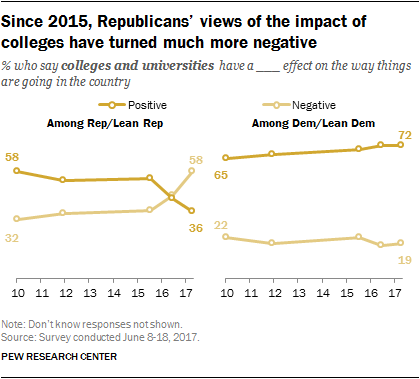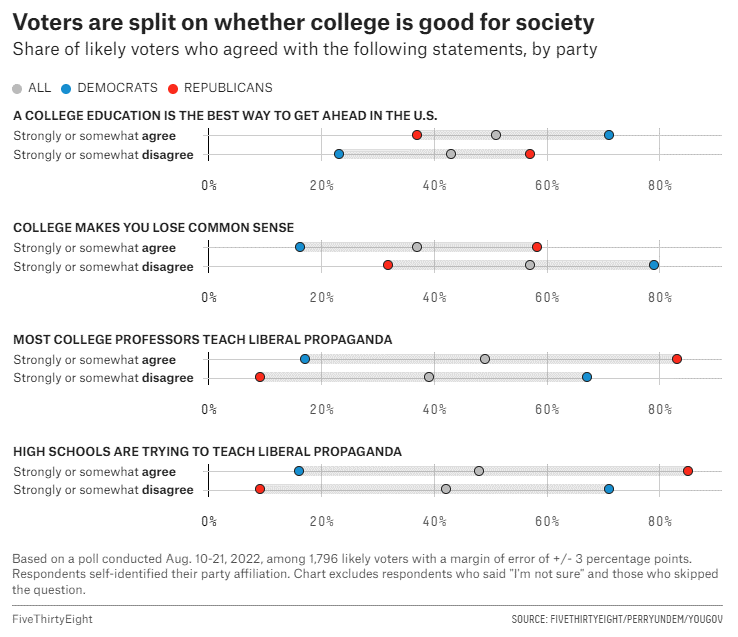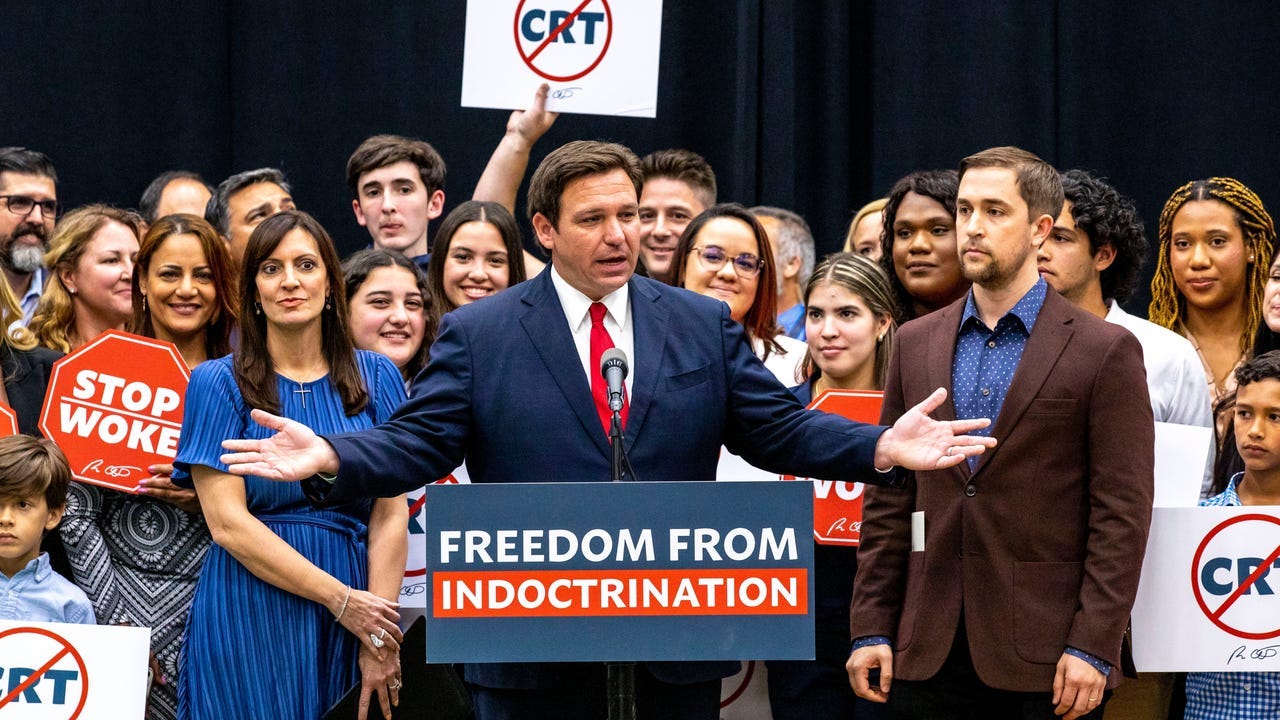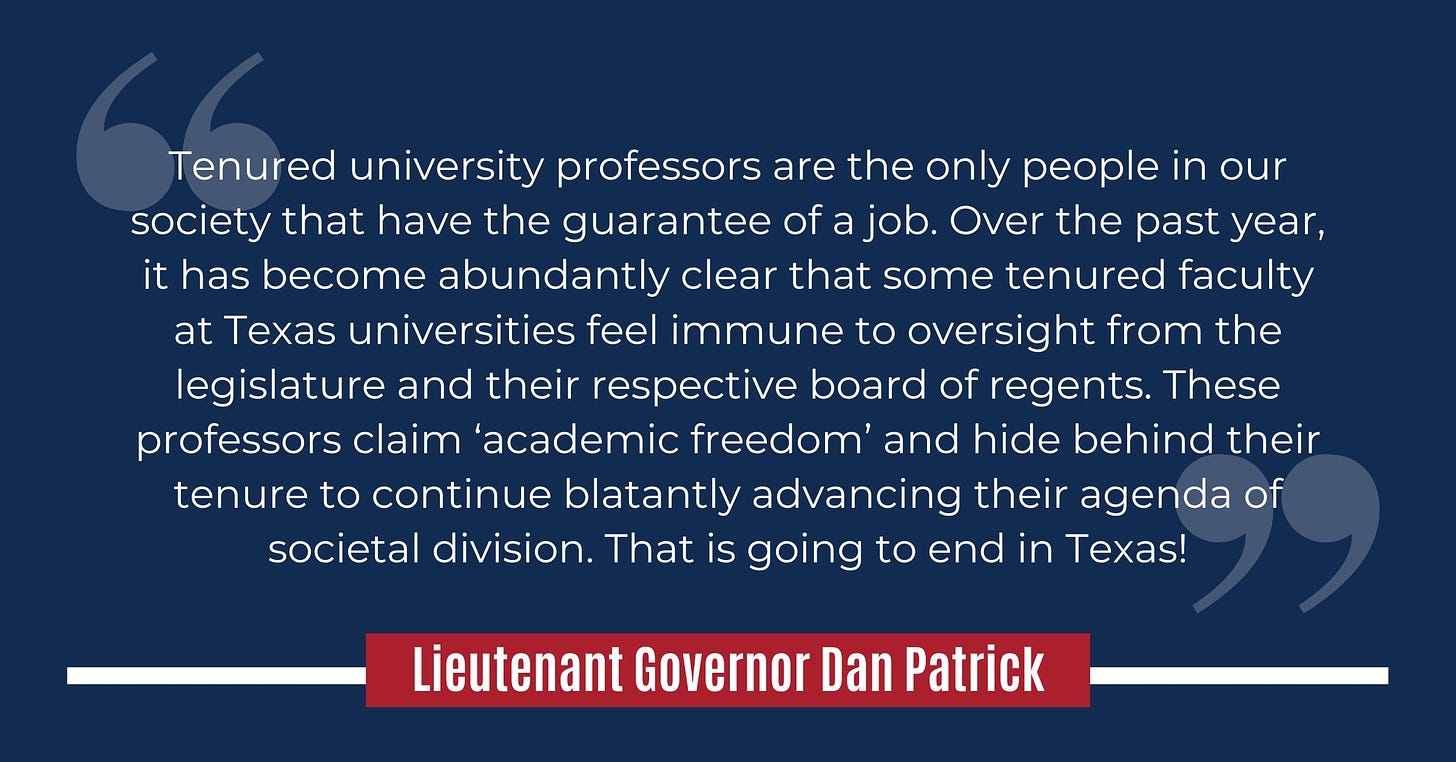Is it Time to Retire Academic Tenure?
Some Republicans and university administrators seem to think so. I do not.
A college basketball player has far more chance of playing professionally than does a PhD recipient of becoming a tenure-track faculty member at a U.S. university. That’s the result of an eye-opening analysis I did in 2015. Since then, the math has only gotten worse for those seeking permanent academic faculty positions — PhD production continues to increase at a rate faster than the number of tenure-track positions.
Then there is strong opposition to the very idea of tenure among Republicans (and a few Democrats) in states like Florida, North Carolina, and Texas where state legislatures are proposing to eliminate the practice. Hostile politicians aside, many universities are reducing the number of tenure-track faculty positions in favor of lower-paid and easily dismissed “contingent” lecturers.
Given these trends, might it be time to do away with the notion of academic tenure altogether?
Put me down as a hard “No.”
Republicans and university administrators are playing a dangerous game in their actions to reduce or eliminate tenure at U.S. universities. But we academics can also be part of the problem as some university faculty seem to dislike tenure and academic freedom as much as Republicans do when they encounter those expressing heterodox views.
Today, I’ll start a discussion of tenure and academic freedom from my vantage point as a long-time tenured full professor at a major U.S. research university. The observations below include some analysis, but also some deeply personal observations based on my experiences. I welcome comments and responses, from those inside the academy and those outside as well.
What is academic tenure anyway?
Academic tenure, as explained by the American Association of University professors (AAUP) simply means:
A tenured appointment is an indefinite appointment that can be terminated only for cause or under extraordinary circumstances such as financial exigency and program discontinuation.
Tenure was developed as a core feature of employment in universities for two reasons. One was to protect academic freedom:
. . . which is necessary for all who teach and conduct research in higher education. When faculty members can lose their positions because of their speech, publications, or research findings, they cannot properly fulfill their core responsibilities to advance and transmit knowledge.
A second reason for the development of tenure was to provide a degree of economic security for university faculty. Many (if not most) university faculty could earn a higher salary outside academia, so the permanency of tenure was implemented to counter the economics to some degree. Of course, as campuses have shifted to relying more on contingent labor for both research and teaching, universities have become highly unreliable and unfair employers, but that is a topic for another day.
Why are many Republicans opposed to tenure?

Well, politics. The partisan divide on perceptions of universities is stark and widened coincident with the 2016 election, as you can see in the figure above. Universities have historically enjoyed strong support across the political spectrum. No longer.
FiveThirtyEight commissioned a poll last year which found that more than 80% of Republicans agreed with the statement that “most college professors teach liberal propaganda,” as you can see in the image below. The partisan perception gap presents a huge problem for universities.

In a statement celebrating the passage last week of a bill in the Texas Senate that would eliminate tenure, Texas Lieutenant Governor Dan Patrick channeled these perceptions when he explained why he believed the legislation to be necessary:
“Tenured professors must not be able to hide behind the phrase ‘academic freedom,’ and then proceed to poison the minds of our next generation.”
Universities, like so many other institutions, practices and ideas, have become weaponized in political debates as a “wedge issue” used to inflame partisan passions. Why this has happened is yet another subject for another day — the short answer is that Republicans are exploiting circumstances that we in academia have helped to make available for them. More on that another time.
Why is tenure important?
To answer this question I am going to discuss some of my experiences that I have not shared very often in public. Most everyone is aware that I was investigated by Congress and attacked by the Obama White House. Academic freedom backstopped by tenure is why I survived professionally from those experiences.
But academic tenure exists not simply to protect us from meddling politicians, but also to protect us from ourselves when we lose sight within the academy of what academic freedom is and why it matters. Let’s spill some tea . . .






